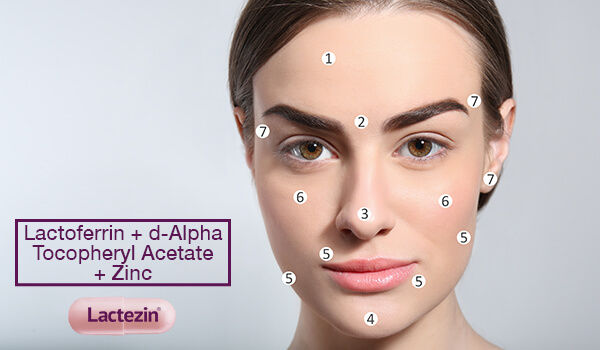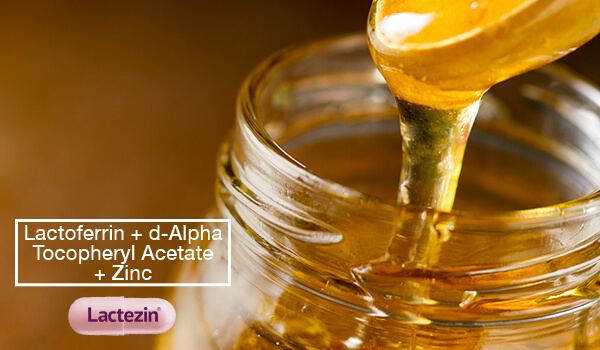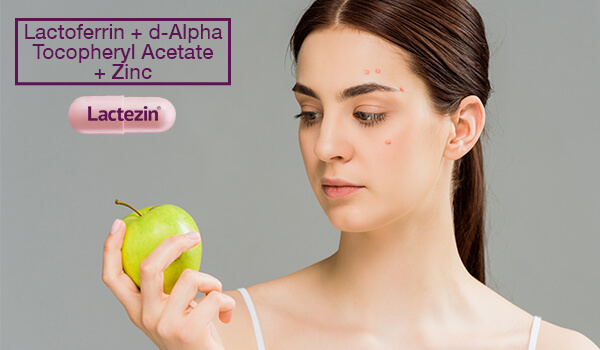Adult Acne: Why You Get It
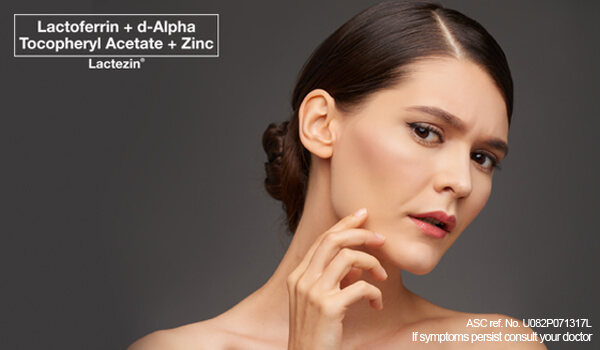
Acne doesn’t just happen to teens; you can still get it as an adult (adult acne). Fortunately, adult acne can be managed and treated.
Do adults really get acne?
It’s not just wrinkles adults are worrying about. Clinical studies show that around 40-55 percent of adults aged 20-40 are diagnosed with low grade, persistent acne as well as oily skin.
Women also tend to get adult acne more often than men. Another study revealed that 54 percent of women above the age of 25 experience some facial acne.
Causes of adult acne
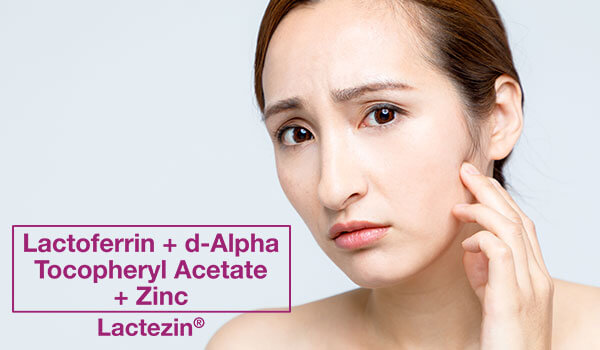
Adult acne can be more frustrating because it can be very different to how acne is treated in teens. Older individuals have sensitized skin, or a combination of skin conditions aside from acne, which can be more challenging to treat compared to the resilient skin of teenagers.
If you’re getting acne as an adult, it may be because of the following reasons:
- Stress
Research has found a link between stress and acne. When we experience stress, our bodies produce the hormone androgen as a response. These hormones stimulate the oil glands and hair follicles, which may lead to breakouts. - Genetics
If you have a parent or sibling with acne, it also increases your likelihood of getting it. Research suggests that some individuals have a genetic predisposition for acne, making them more likely to get acne as adults. - Fluctuating hormone levels
Hormonal imbalance can lead to breakouts. Women often experience this around their monthly periods, during pregnancy and menopause, and when starting or discontinuing birth control pills.
- Skin and hair care products
If you’re already prone to acne, make it a practice to read the labels on your products. Look for terms such as ‘non-comedogenic’ or ‘oil-free’, as these products are least likely to cause breakouts. - Medication side effect or an undiagnosed condition
Sometimes acne can be a sign of an underlying condition, so once the condition is treated, the acne clears up. Some medicines can also trigger acne or make it worse. Ask your doctor if acne is a possible side effect of your medication and if you can take a different one. If not, see a dermatologist to help you control your acne.
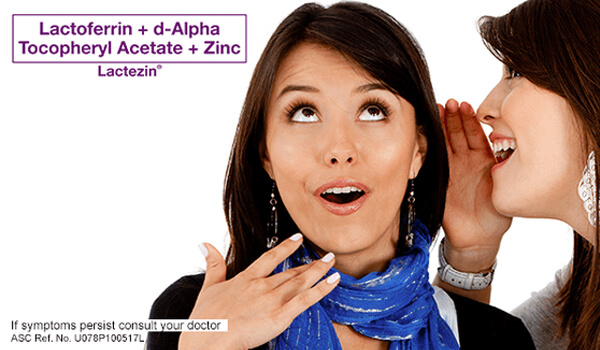
Lactezin for adult acne
If you have adult acne, one treatment option you can consider is Lactezin. Lactezin is an oral acne medication that helps treat pimples and may also prevent them from recurring. Click here to learn more about Lactezin: How Lactezin Works
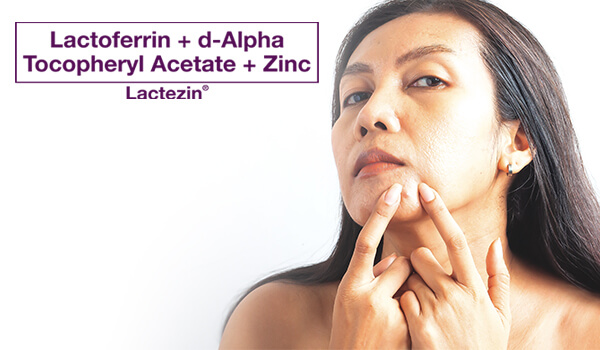
ASC Ref. No. I098N080618L

